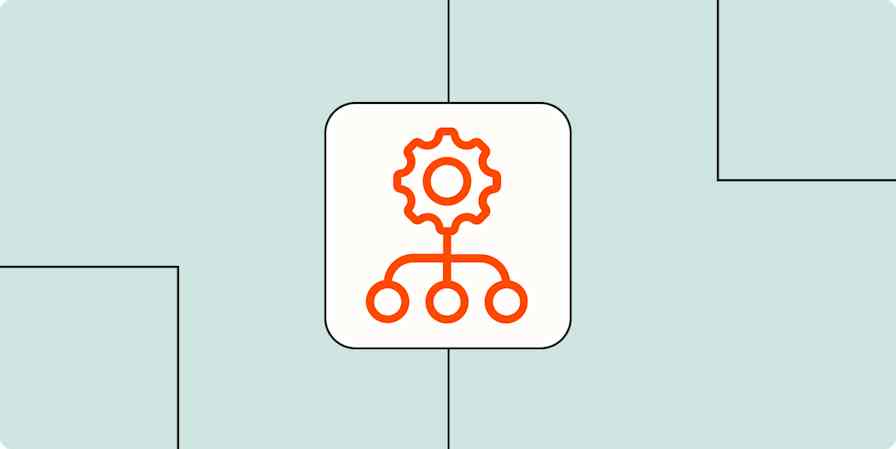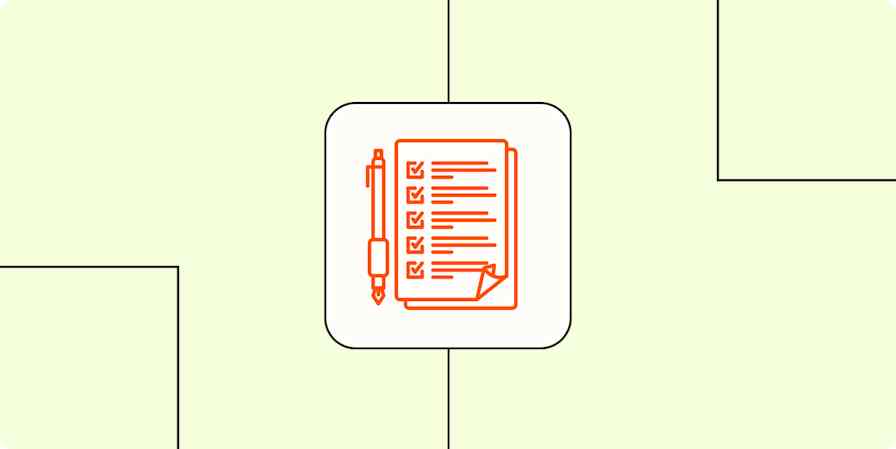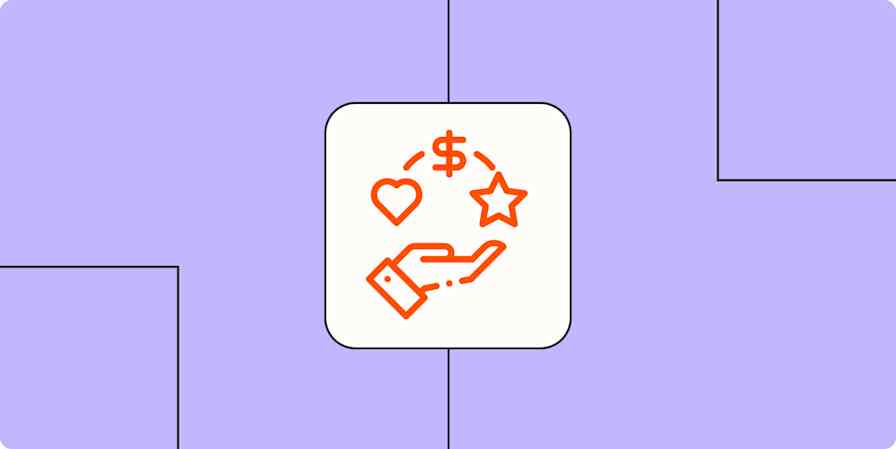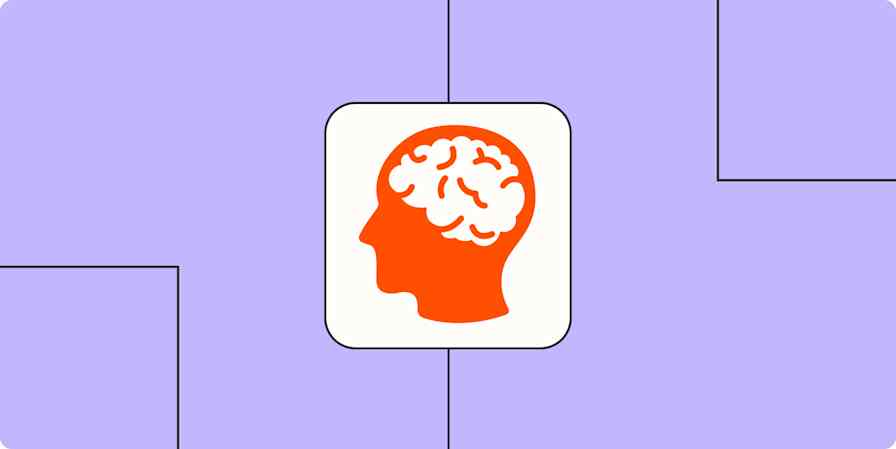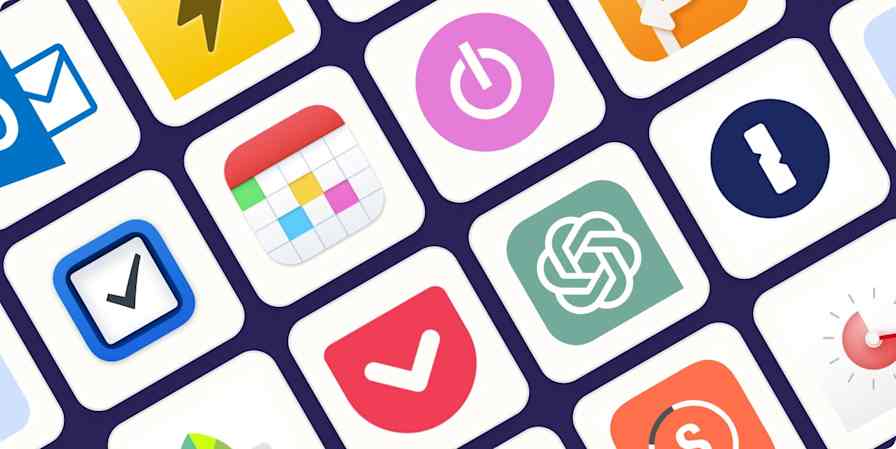Productivity tips
4 min readHow to keep track of all the content you consume
By Anna Burgess Yang · January 29, 2024

Get productivity tips delivered straight to your inbox
We’ll email you 1-3 times per week—and never share your information.
mentioned apps
Related articles
Improve your productivity automatically. Use Zapier to get your apps working together.


